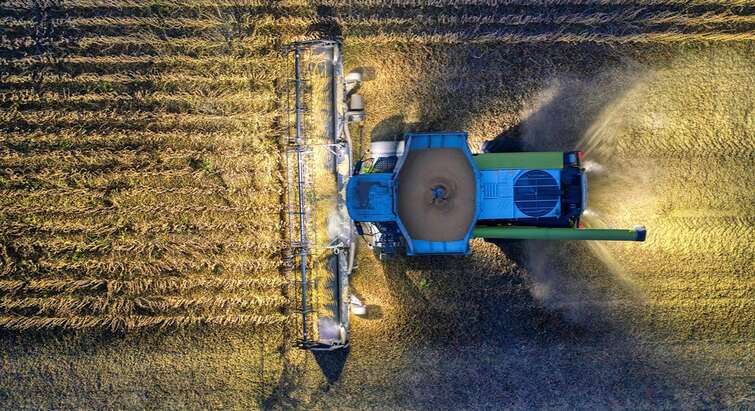
News about Farming
Viser 1 til 24 af 40 dokumenter.

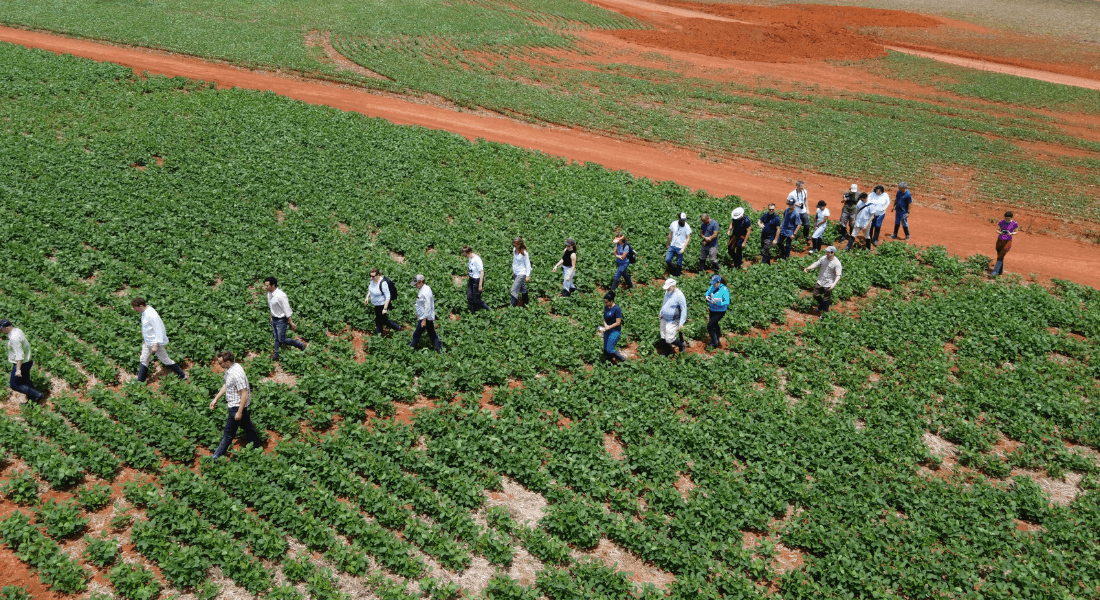
New report on Danish soy imports and EU deforestation regulation

Stored for 130 years: Bottles reveal evidence of Danish butter production and hygiene practices of the past
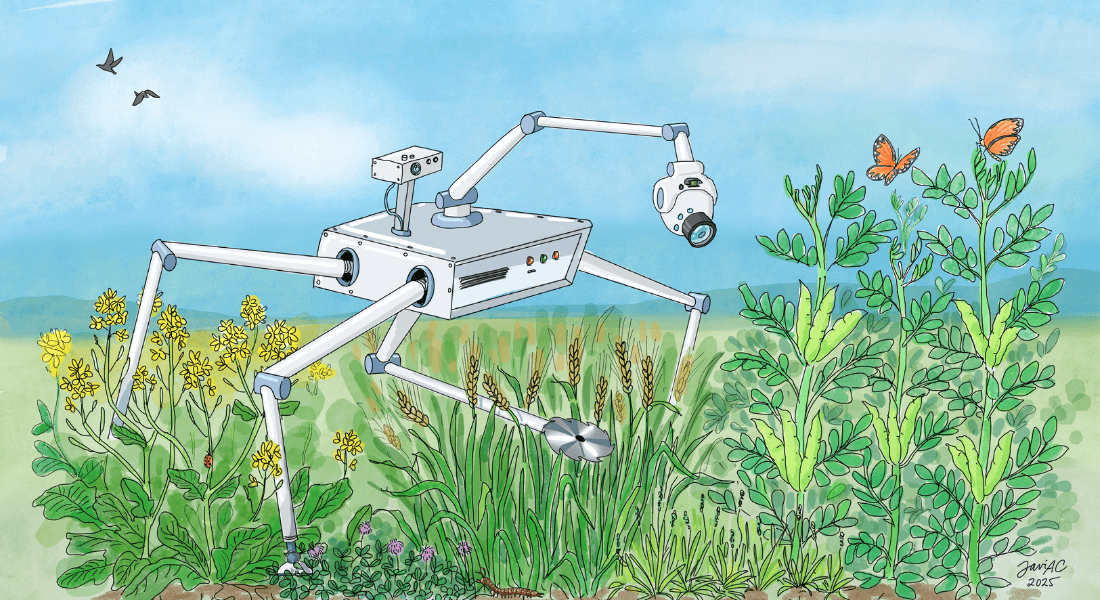
Researchers will teach robots to grow wheat and clover grass on the same field

Laura Vang Rasmussen among this year’s recipients of the Frontiers Planet Prize
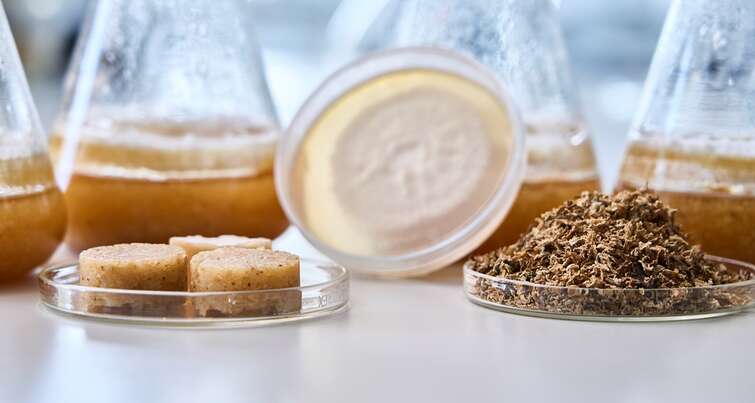
Researchers turn sugar beet pulp into superfood
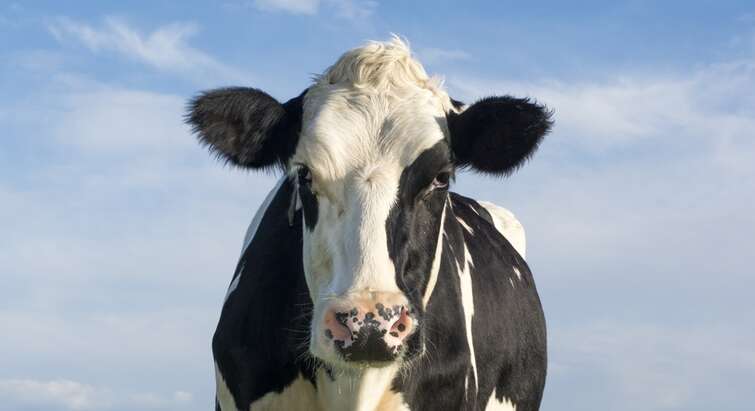
Dangerous Variant of Salmonella Still Not Eradicated

Configuring the carbon farmer Emerging practices of carbon accounting and biochar engagements in Danish agriculture
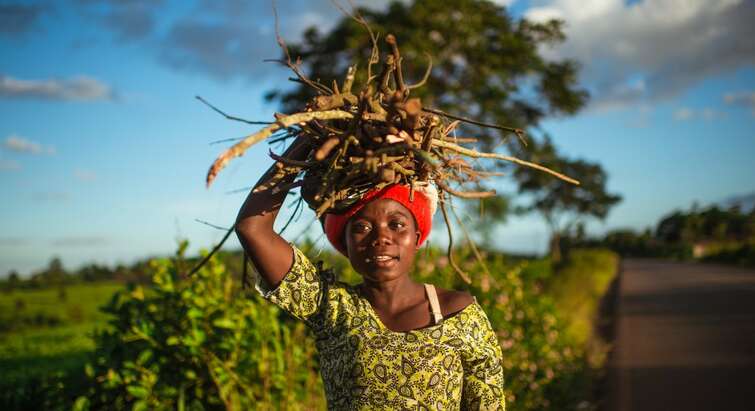
What we can learn from Malawi: Trees can benefit health, economy and climate

Daisy 7 Launch meeting 19th of March

Researchers investigate the environmental safely of promising new biotechnological pesticides
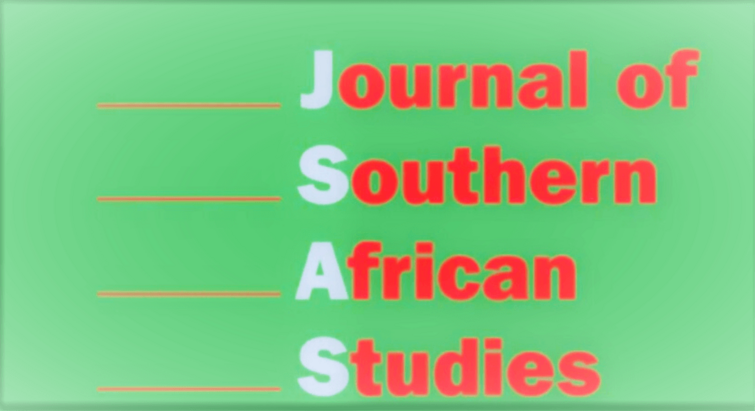
New Publication: ‘Farming God’s Way’ in Post-Apartheid South Africa
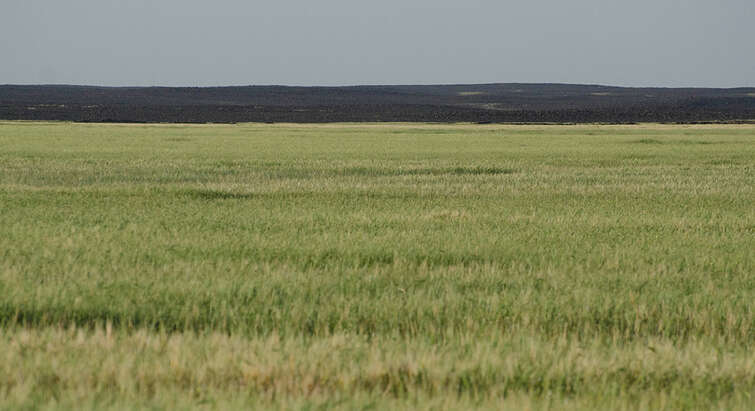
Archaeologists to contribute to major new research project on ancient DNA
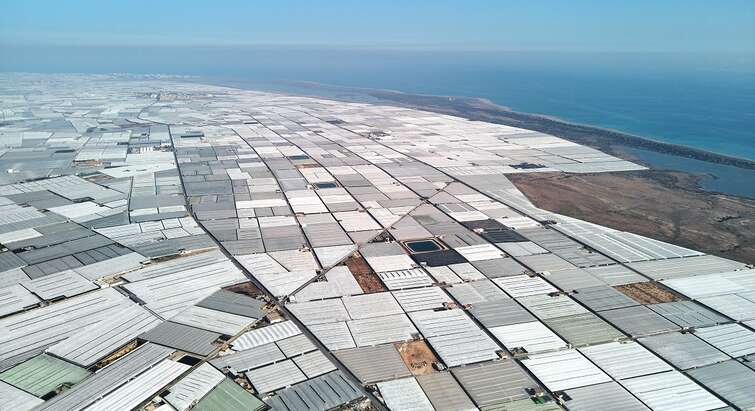
Greenhouses cover more and more of Earth’s surface
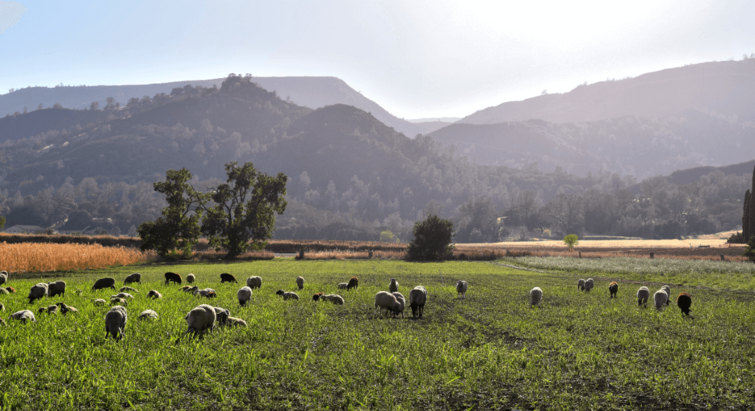
Major study reports that people and environment both benefit from diversified farming, while bottom lines also thrive
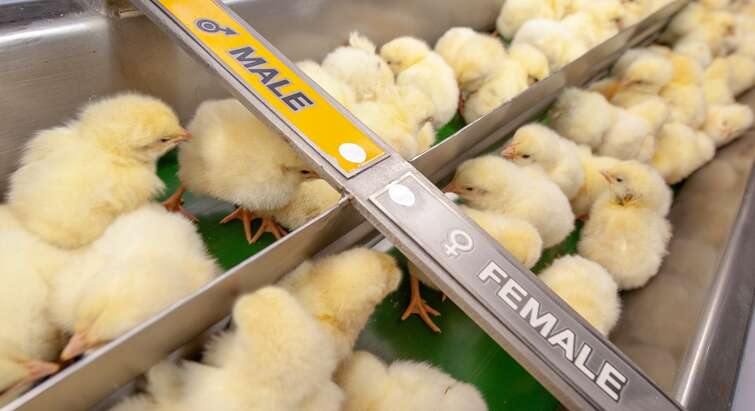
Researcher: Seven billion newly hatched chicks are killed every year – but a ban is not the solution
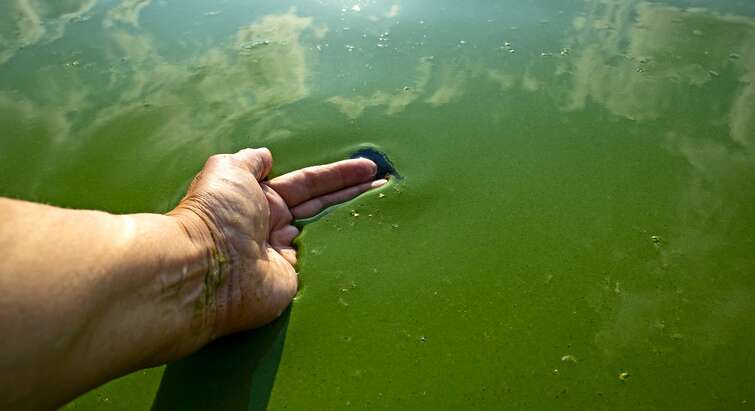
Scientists use blue-green algae as a surrogate mother for "meat-like" proteins

Scientists use blue-green algae as a surrogate mother for "meat-like" proteins

New article about udder health and antibiotic use
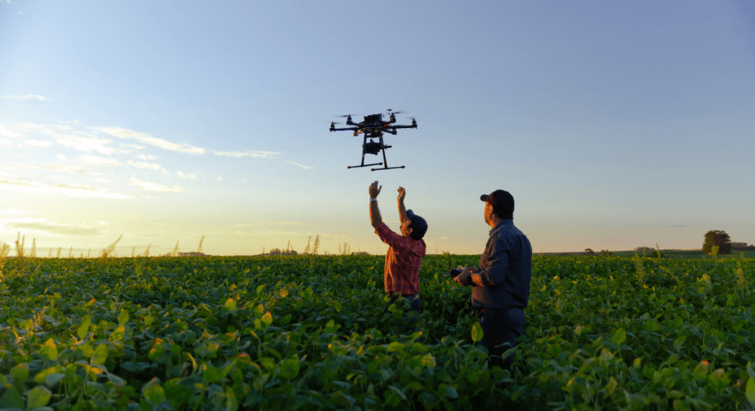
Robots, monitoring and healthy ecosystems could halve pesticide use without hurting productivity

Robots, monitoring and healthy ecosystems could halve pesticide use without hurting productivity
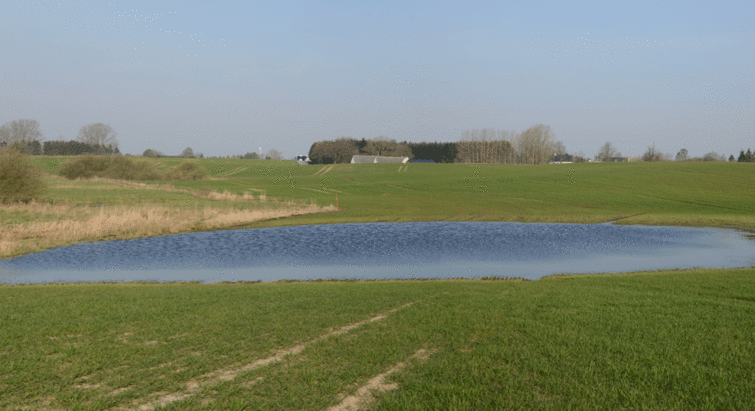
Large nitrous oxide emissions from flooded fields suggests action
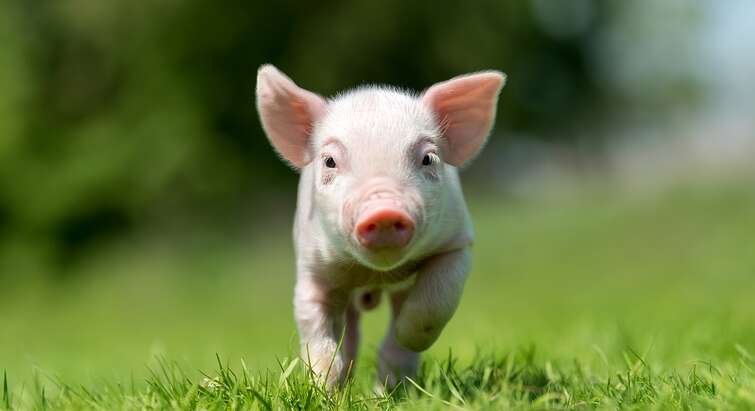
New study: Pig welfare outweighs climate concerns for consumers

